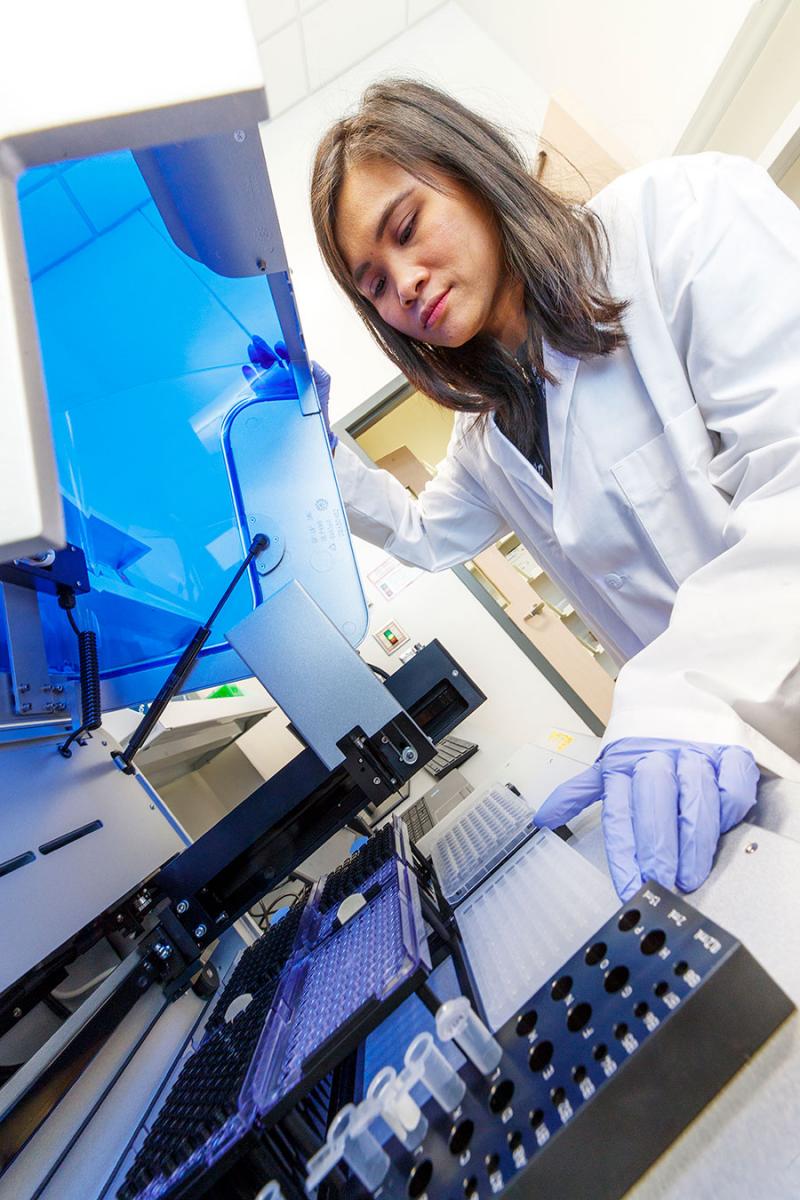Our furry friends are part of our lives, and caring for their needs takes proactive care. Animal diagnostic centers play a crucial role in guiding treatment plans for domestic pets.
In this guide, we’ll delve into the benefits of testing for dogs and cats and outline essential tests.
How Do Veterinary Laboratories Work?
Pet testing services are specialized centers for evaluating pet health. These labs support animal doctors to make accurate diagnoses.

How it works usually includes:
- Sample collection: Specimens from pets are sent to the lab.
- In-depth testing: Experts using equipment conduct the tests.
- Providing actionable data: Information helps manage health for your pet’s benefit.
Key Diagnostics for Pet Health
Veterinary labs offer many tests to address medical issues. Routine diagnostics include:
- Complete blood counts (CBC): Provide an overall health picture.
- Urinalysis: Evaluate kidney function.
- Stool testing: Monitor intestinal health.
- Allergy panels: Support long-term comfort.
- X-rays and ultrasounds: Check internal organs.
laboratório veterinário popular
laboratório veterinario são paulolaboratorio de exames veterinarios
The Benefits of Veterinary Testing
Routine diagnostics ensures better outcomes. With timely diagnostics, you save on emergency costs.

Additional benefits include:
- Proactive care: Health problems are minimized.
- Avoiding costly emergencies: Early detection reduces expenses.
- Trust in their well-being: Stay ahead of potential issues.
Conclusion: Veterinary Labs as a Cornerstone of Pet Health
Pet health labs ensure pets get the best care possible. By making testing part of their care, you protect their well-being.
Schedule a diagnostic exam now and give your furry friends the best care possible!